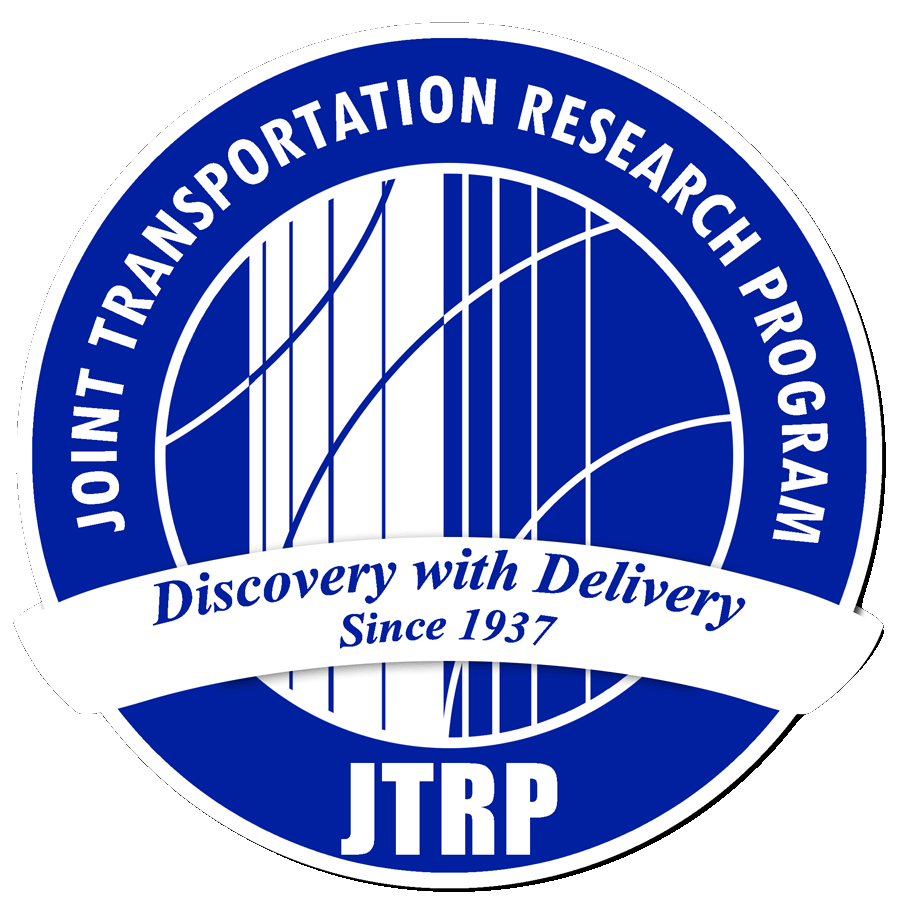Abstract
The purpose of this study was to evaluate the use of waste foundry sand (WFS) as a highway embankment material in a fullscale field demonstration project. This evaluation included geotechnical concerns, such as deformation, strength, hydraulic conductivity, and ease of construction. The report presents an introduction and previous research concerning WFS use in highway construction. A geotechnical laboratory testing program characterized the WFS used in the project, which was a waste product of Auburn Foundry, Inc., located in Auburn, Indiana. This study was also a part of the FHWA Priorities Technology Program. The project site was a 275 m section of the Country Route 206 highway project near Butler, Indiana. Three sections of the embankment were studied: a section built with clay borrow, a section built with natural sand, and a section built with WFS. The embankment was built during the summer of 1996. This report presents field testing data with regard to vertical and lateral deformations of the WFS embankment, in situ changes in pore pressures in the foundation soils during construction, and the post-construction in situ penetration resistance of the WFS. The performance of the WFS section is compared to that of the clay borrow and natural sand sections of the embankment. The results of laboratory and field testing of the Auburn Foundry WFS provide general guidelines for the choice of geotechnical parameters for preliminary design of WFS embankments. From a geotechnical perspective, the results indicate that WFS can be used successfully as embankment fill material for full-scale highway projects.
Keywords
waste foundry sand, highway embankment, geotechnical performance, laboratory testing, SPR-2136
Report Number
FHWA/IN/JTRP-98/18
SPR Number
2136
Performing Organization
Joint Transportation Research Program
Publisher Place
West Lafayette, IN
Date of Version
1998
DOI
10.5703/1288284313231
Recommended Citation
Fox, P. J., and D. G. Mast. Geotechnical Performance of Highway Embankment Constructed Using Waste Foundry Sand. Publication FHWA/IN/JTRP-98/18. Joint Transportation Research Program, Indiana Department of Transportation and Purdue University, West Lafayette, Indiana, 1998. https://doi.org/10.5703/1288284313231Project Number
C-36-36Z
File Number
6-14-26


